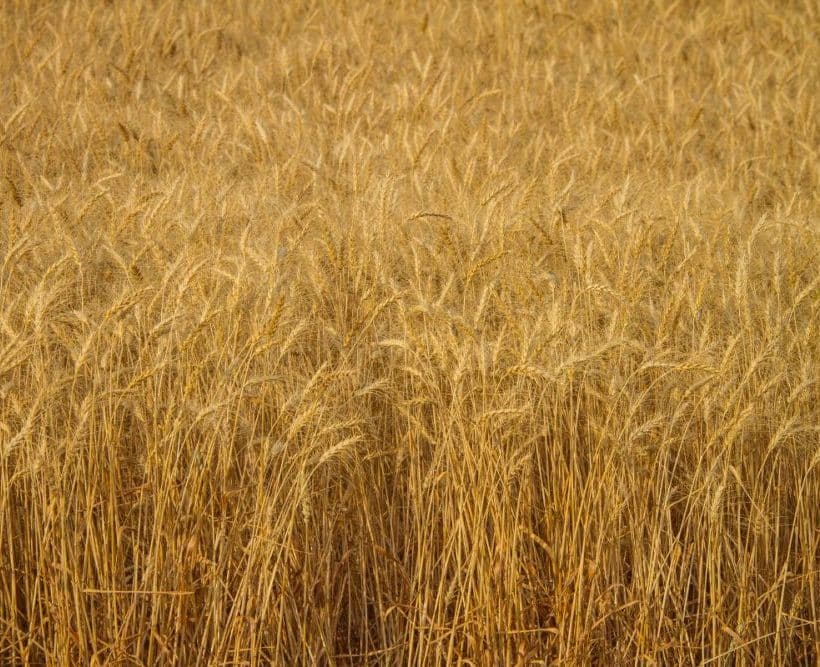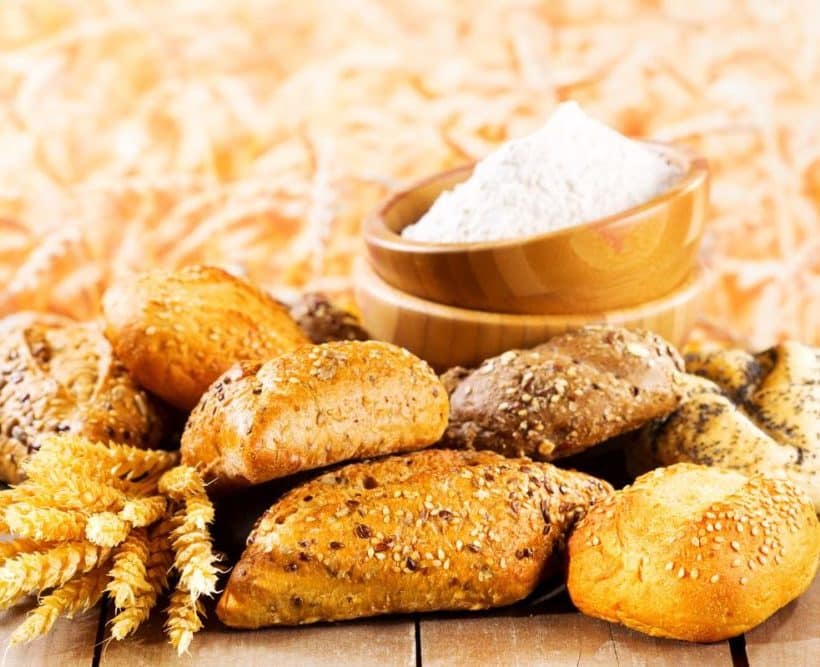Russia hits grain infrastructure on Danube River
Russia has continued its attack on Ukraine’s grain infrastructure, destroying a grain warehouse on the Danube River in a drone attack on July 24, Reuters reported. Since leaving the Black Sea Grain Initiative on July 17, Russia has targeted ports in Odesa, Mykolaiv and Chornomorsk, damaging grain terminals, port infrastructure and grain.
Russia Pulls out of Black Sea grain deal
Russia announced on July 17 it was suspending its participation in the Black Sea Grain Initiative which for nearly a year has allowed safe passage of Ukraine grain exports via the Black Sea in the midst of a war between the two countries. The deal, which was brokered by the United Nations and Turkey, was set to expire at 5 p.m. today. The last shipments from Ukraine departed from the Port of Odesa on July 16.
US winter wheat forecast surprises analysts
The US Department of Agriculture (USDA) in its July 12 Crop Production report forecast US 2023 winter wheat production at 1.206 billion bushels, up 6% from the June forecast of 1.136 billion bushels and up 103 million bushels, or 9%, from 1.104 billion bushels in 2022.
US grain group objects to ultra-processed focus
The term “ultra processed” is ill-defined and not deeply studied and would be of questionable value as a key criterion for dietary guidance, according to The Grain Chain, a grains industry coalition. The group’s views on ultra-processed foods were included in a lengthy letter sent to the US Department of Health and Human Services (HHS) in response to a request for comments in connection with the first meetings of the 2025 Dietary Guidelines Advisory Committee. The Dietary Guidelines for Americans…
Canadian wheat plantings have reached a recent high.
Area planted to wheat in Canada surged to its highest level in more than two decades, one of several crops to see an uptick in planting in 2023, according to the June 2023 field crop survey from Statistics Canada released June 28. In addition to wheat, other crops with notable increases in plantings in 2023 included canola, barley, corn for grain and soybeans. Fewer acres were planted for oats, lentils and dry peas, Statistics Canada said.
Ukraine convinced Russia will exit grain deal.
Ukraine is nearly certain Russia will leave the Black Sea Grain Initiative as its renewal date approaches because Russia is developing an alternative for its ammonia exports, Reuters reported, citing a senior Ukrainian diplomat. The United Nations and Turkey brokered the Black Sea deal in separate agreements with Russia and Ukraine in July 2022 to alleviate a global food crisis worsened by Russia’s Feb. 24, 2022, invasion of Ukraine.
Bunge’s turnaround impressive
In a 2021 interview with Sosland Publishing Co. President and Milling & Baking News editor Josh Sosland, Bunge Chief Executive Officer Gregory Heckman hinted that a seismic transaction, like the company’s recent acquisition of major grain trader Viterra, could be on the horizon. The company, he said, was transitioning from a reorganizing and rebuilding phase to an era of expansion and growth.
Bunge, Viterra agree to $18 billion merger.
Bunge and Viterra announced on June 13 that they have agreed to a merger that will create one of the world’s largest agribusiness firms, moving it closer in size and scope to leading agribusiness giants Cargill and ADM. As part of the $18 billion deal, which was unanimously approved by both companies’ board of directors, Viterra shareholders will receive about 65.6 million shares of Bunge stock, carrying a value of about $6.2 billion, and approximately $2 billion in cash. Bunge…
Bunge, Viterra reportedly inching closer to deal.
Negotiations of a potential merger between agribusiness giants Bunge Ltd. and Viterra have reached a critical stage as the companies attempt to put the final touches on a deal that would combine two of the world’s largest agricultural traders, Reuters reported on June 8, citing sources familiar with the matter. The sources told Reuters that Bunge, whose market value is about $14 billion, would pay for most of the deal with stock as well as cash and debt financing from…
Wheat prices rise with Ukraine dam breach.
As millions of liters of water poured through a breached dam in southern Ukraine threatening regional villages and water supplies, worries about an escalation of the war between major grain exporters Russia and Ukraine sent Chicago wheat up 2% to a three-week high on Tuesday, Reuters reported. The Russian-controlled Nova Kakhovka dam on the Dnipro River provides water to a swathe of southern Ukraine’s agricultural land, including the Russian-occupied Crimean peninsula, as well as cooling the Russian-held Zaporizhzhia nuclear plant.










